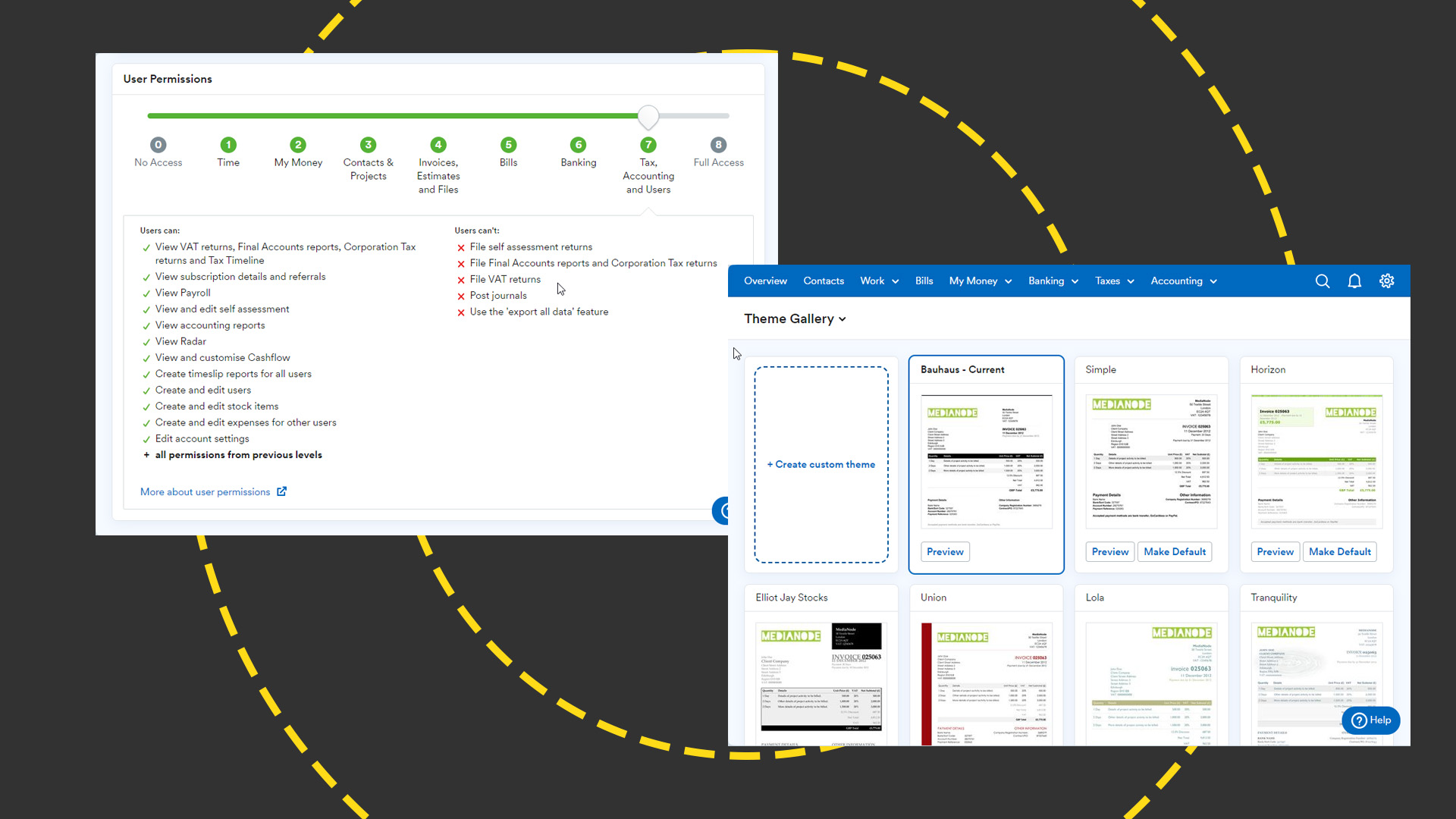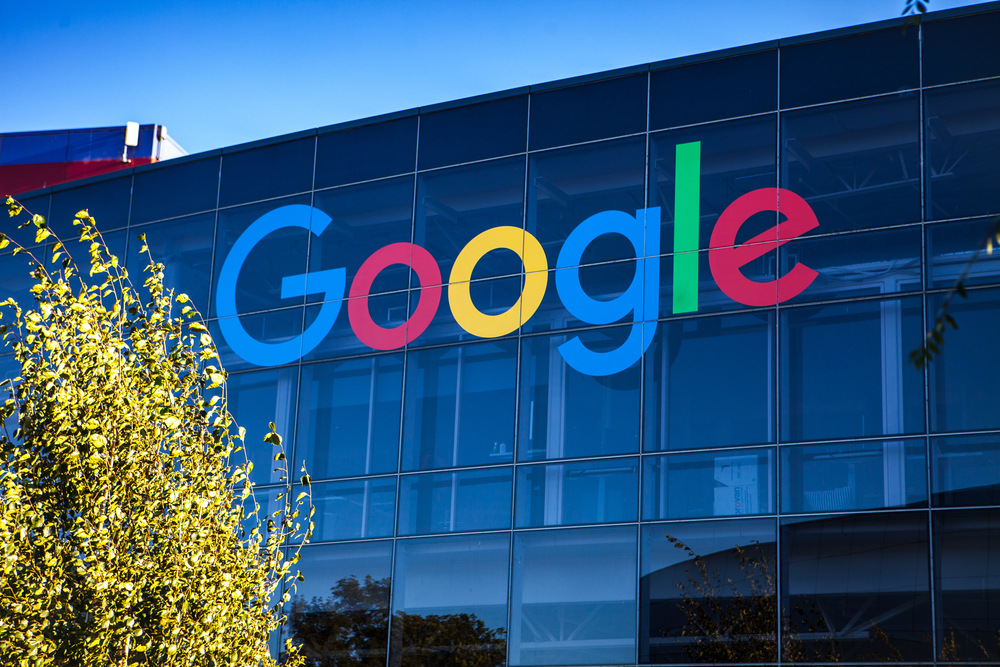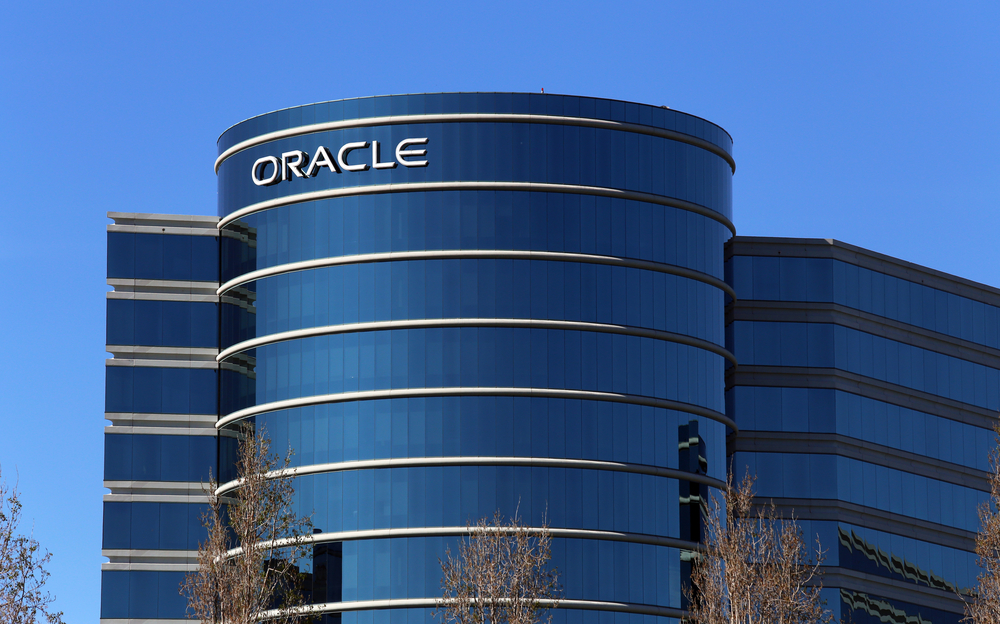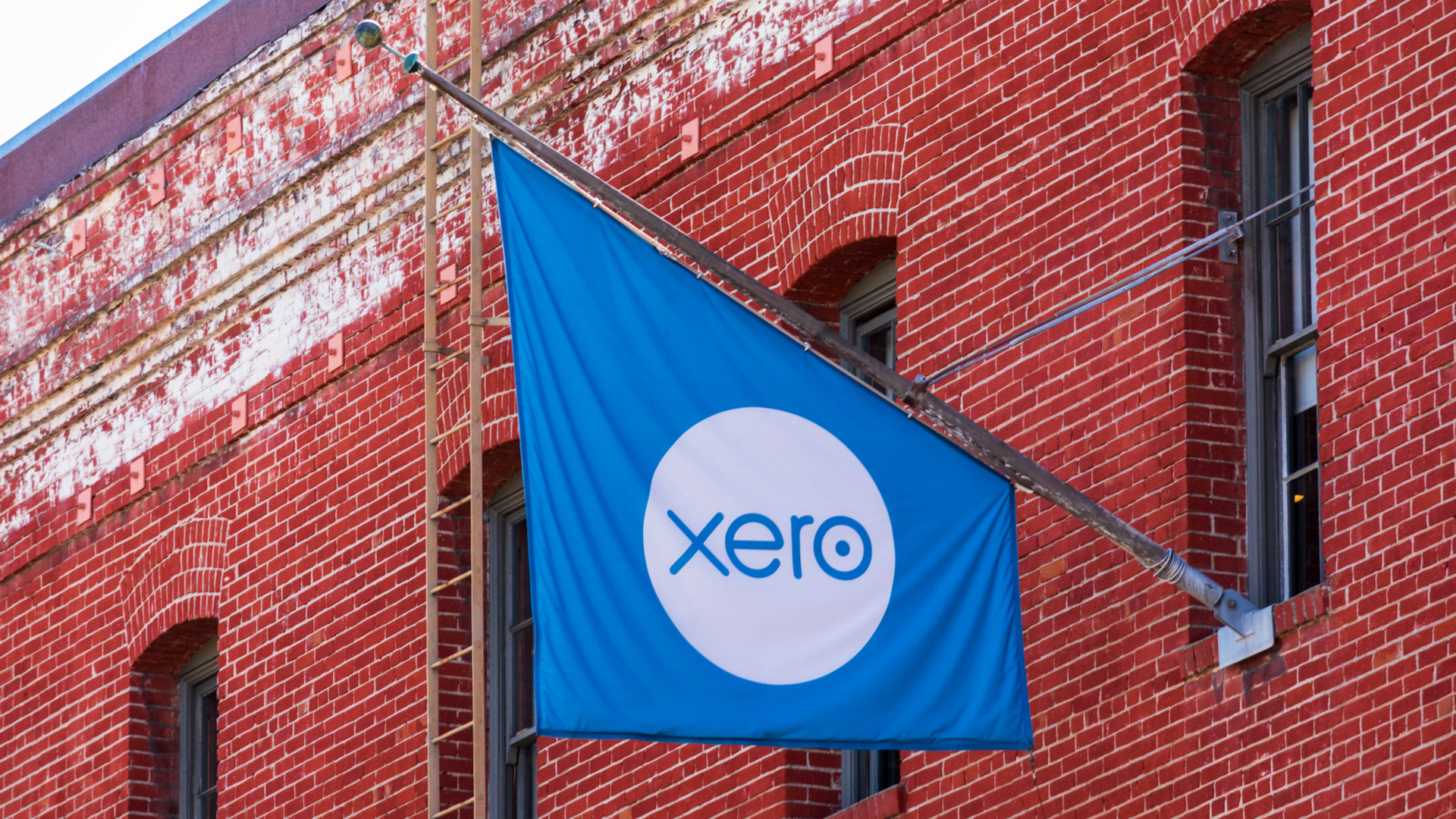SaaS accounting companies need to up their game
SaaS companies have made great strides in the accounting market but need to get more inventive if they're really going to make a big splash

One of the real surprises the last five years comes from watching the rise of SaaS/cloud accounting vendors.
When I first tripped over this category nearly six years ago there were only a very small number of players of any substance and pretty much nothing going on in the UK. That landscape has changed dramatically and today you can count on a slew of vendors who are gaining sufficient traction to make a difference.
In the UK, we have six players all vying for a seat at the winner's table: Xero, KashFlow, FreeAgent, BrightPearl, Twinfield and Liquid. To that list you could add Freshbooks, except that's not a full accounting solution but a very popular billing app. You could add in Crunch but that's both a software and services unit.
All have done sufficiently well that they have received fresh capital injections the last couple of years. Some, like Xero, have gone straight to the stock market, others have gone the more traditional private placement/VC route. That should tell you one thing - investing in SaaS/cloud accounting is seen as good business.
But, has it really changed the accounting game? You can argue that all the above mentioned players have disrupted the market currently dominated by Sage. But when you look closely at Sage's numbers you quickly discover that the combination of these new vendors have taken pretty much all of Sage's organic growth in its core market.
Sage will argue otherwise but my research tells a different story. What the new vendors are not doing is attracting a mass defection from Sage. Why? There are plenty of reasons on offer such as:
- People get used to something and keep going with it, even if it is not that good
- Accountants control the relationship with clients and tell them what they'll use - mostly Sage
- Potential customers don't feel confident using an accounting program
- SaaS/cloud remains suspect as a stable environment - witness the number of high profile outages
- Cloud accounting doesn't compete on functionality
The evidence coming from the vendors implies the reverse, hence why I am able to say that the combined strength of the new boys and girls on the block is eating into what should be Sage's new business. But that's about it - for the moment. Any additional gains are peripheral - a few hundred here and there and very little by way of mass defection. That may not be the picture in a few years' time but I believe all the above vendors are insufficiently advanced to take advantage of what should be happening. Why? Last week, Marc Andreessen, he who co-founded Netscape and has since become something of a VC pundit said this:
Get the ITPro daily newsletter
Sign up today and you will receive a free copy of our Future Focus 2025 report - the leading guidance on AI, cybersecurity and other IT challenges as per 700+ senior executives
"My own theory is that we are in the middle of a dramatic and broad technological and economic shift in which software companies are poised to take over large swathes of the economy."
What does he mean?
"In today's cars, software runs the engines, controls safety features, entertains passengers, guides drivers to destinations and connects each car to mobile, satellite and GPS networks. The days when a car aficionado could repair his or her own car are long past, due primarily to the high software content. The trend toward hybrid and electric vehicles will only accelerate the software shift—electric cars are completely computer controlled. And the creation of software-powered driverless cars is already under way at Google and the major car companies... ...in many industries, new software ideas will result in the rise of new Silicon Valley-style start-ups that invade existing industries with impunity. Over the next 10 years, the battles between incumbents and software-powered insurgents will be epic. Joseph Schumpeter, the economist who coined the term "creative destruction," would be proud."
[My emphasis added] Apply that to accounting and what do you get? I have long argued that a truly disruptive small business accounting application does three things:
- Makes it brain dead easy for businesses to keep accurate records
- Adds value by providing actionable information from the underlying transactions
- Transforms the professional accountant from being a person who crunches numbers and checks the books to one who becomes a genuine trusted advisor
Some of the vendors will argue they've already done that. Xero customers I recently filmed were unanimous in their praise for the way in which their accountants are helping them.
Maybe so but that's only a fraction of the story. The professional accountant still has to do a fair amount of work to turn Xero (or anyone else's) produced numbers into accounts that meet statutory and tax requirements. That's one of the reasons that Crunch has established itself as a software AND services businesses, offering a turnkey service. But that's a long way from being the fully automated, cradle-to-grave accounting solution I envisage. In my world the user barely touches the solution except perhaps to generate orders or invoices. Instead, they see actionable information pushed to them on any device when they need it.
At the other end, the professional accountant has an automated set of working papers with alerts for things they need to review. They have dashboards that show benchmarking data so they can assess how client groups are performing. They also have their own data that shows them how they are performing. Statutory information and working papers are available at a touch of a button, only requiring review for any alerted anomalies. Statutory returns are automatically generated, again with alerts so that there is advance warning of any likely problems.
In other words, we finally get to that point where the complexities of book-keeping and accounting are buried except for those that really need to see the data. As we enter the next phase of development in small business accounting solutions, it won't be the features and functions that win. It will be the extent to which solutions totally disrupt the accounting profession.
Most of the foundations have been laid by most of the players mentioned above. Some will argue my vision is too narrow.
Really? I reckon none of the vendors have more than 40-50 percent of what's really needed in my vision. Some will argue they can (almost) get there through add-ons. Not good enough. They'll need to own a lot more than they do today. When they've got to 80 percent then come back and tell me what's new and exciting.
After spending more than 20 years at the IT coal face across a variety of industries, often in finance-related roles, Dennis Howlett is using that accumulated experience to hold vendors to account for what they deliver to customers. He believes the cloud computing model provides the potential to offer transformational business benefits that have yet to be fully understood or articulated. In early 2011, Howlett celebrated 40 years in and around IT. It was a very small party.
-
 CISA issues warning in wake of Oracle cloud credentials leak
CISA issues warning in wake of Oracle cloud credentials leakNews The security agency has published guidance for enterprises at risk
By Ross Kelly
-
 Reports: White House mulling DeepSeek ban amid investigation
Reports: White House mulling DeepSeek ban amid investigationNews Nvidia is caught up in US-China AI battle, but Huang still visits DeepSeek in Beijing
By Nicole Kobie
-
 FreeAgent review: Fully featured yet easy-to-use cloud accounting platform
FreeAgent review: Fully featured yet easy-to-use cloud accounting platformReviews A keenly-priced timesaver that will shine if your business lacks an accounts department
By Nik Rawlinson
-
 Why it might be time to switch your organization’s accounting software
Why it might be time to switch your organization’s accounting softwareIn-depth Every business needs to keep track of its finance, but there are challenges involved in maintaining and switching accounting software
By Steve Cassidy
-
 Intuit to pay $141 million settlement over misleading TurboTax ads
Intuit to pay $141 million settlement over misleading TurboTax adsNews The company's elusive ad campaign discouraged eligible taxpayers from signing up for IRS Free File Program
By Praharsha Anand
-
 Google settles tax payment in Ireland
Google settles tax payment in IrelandNews Company makes settlement for back tax and interest payments
By Danny Bradbury
-
 UK fintech investment reaches record levels
UK fintech investment reaches record levelsNews Out of the 112 tech unicorns in the UK, 40 are part of the fintech sector
By Sabina Weston
-
 Oracle employee claims company wasn't accounting properly
Oracle employee claims company wasn't accounting properlyNews The whistleblower has now been sacked after saying it falsified cloud figures and faces legal action
By Clare Hopping
-
 Sage One Accounts Extra review
Sage One Accounts Extra reviewReviews One of the best small business accounting services around, despite limited VAT MOSS support
By K.G. Orphanides
-
 Xero Premium review
Xero Premium reviewReviews Powerful small business accounting in the cloud
By K.G. Orphanides